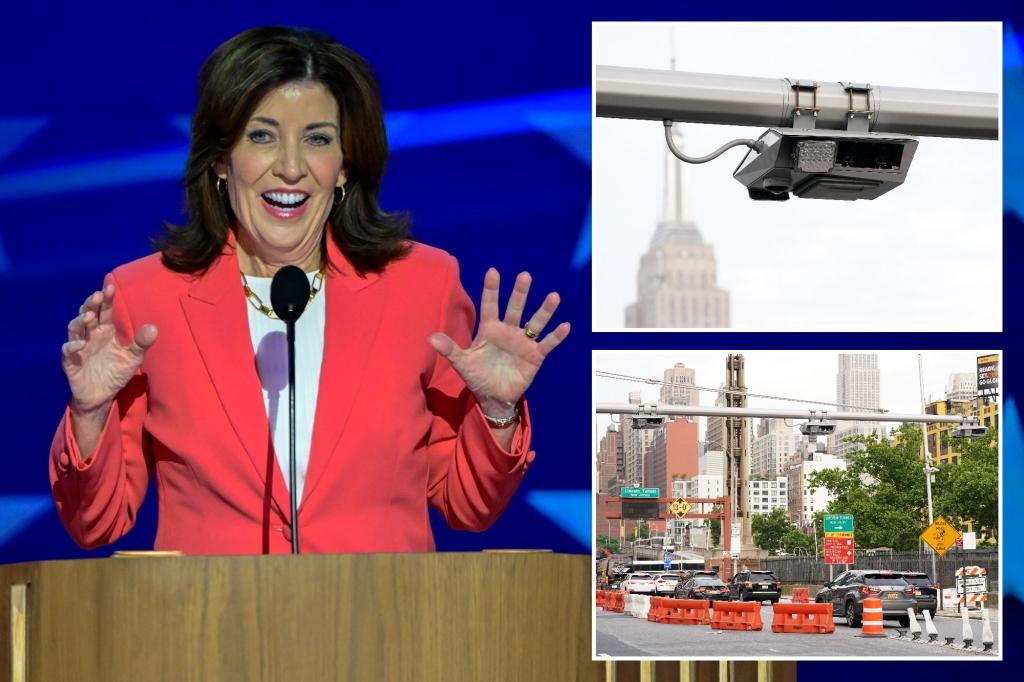Staten Island Borough President Vito Fossella asserts that the push for congestion pricing in New York City is primarily a money-grabbing scheme rather than a genuine effort to reduce traffic congestion. Fossella, whose borough is heavily reliant on cars, believes that the implementation of congestion pricing is reflective of a larger trend of anti-car sentiment in the city, with decisions being made to make driving increasingly difficult through measures such as adding bike lanes and removing traffic lanes. He also points out that other factors, such as the placement of restaurant sheds in the middle of streets, contribute to congestion.
Fossella has taken steps to oppose congestion pricing, including joining a federal lawsuit to block the implementation of a planned $15 toll to enter Manhattan’s Midtown business district. Despite Governor Kathy Hochul’s decision to put the toll on hold, there are concerns that congestion pricing may be reintroduced in the future with a lower toll rate and exemptions for certain city workers. Fossella believes that a majority of New Yorkers do not support congestion pricing and remains prepared to continue fighting against it.
Staten Island faces unique challenges in terms of transportation, with limited access to subways and rail lines connecting to other boroughs. Fossella is concerned that the implementation of congestion pricing will further burden his constituents who already have to pay tolls to enter nearby Brooklyn and New Jersey. On the other hand, the Metropolitan Transportation Authority argues that the revenue generated by congestion pricing is necessary to finance the agency’s capital needs for upgrading and expanding transit access and maintaining infrastructure.
As the MTA prepares to adopt its 2025-2029 capital plan, which could have a $50 billion price tag, Hochul has pledged to find alternate funding sources to make up for the loss of revenue from the aborted congestion toll. The debate over congestion pricing has led to two lawsuits being filed in Manhattan state Supreme Court, challenging Hochul’s authority to stall the implementation of congestion pricing as approved by the state legislature in 2019. Despite the ongoing controversy surrounding congestion pricing, the MTA remains focused on addressing the city’s transportation infrastructure needs.


